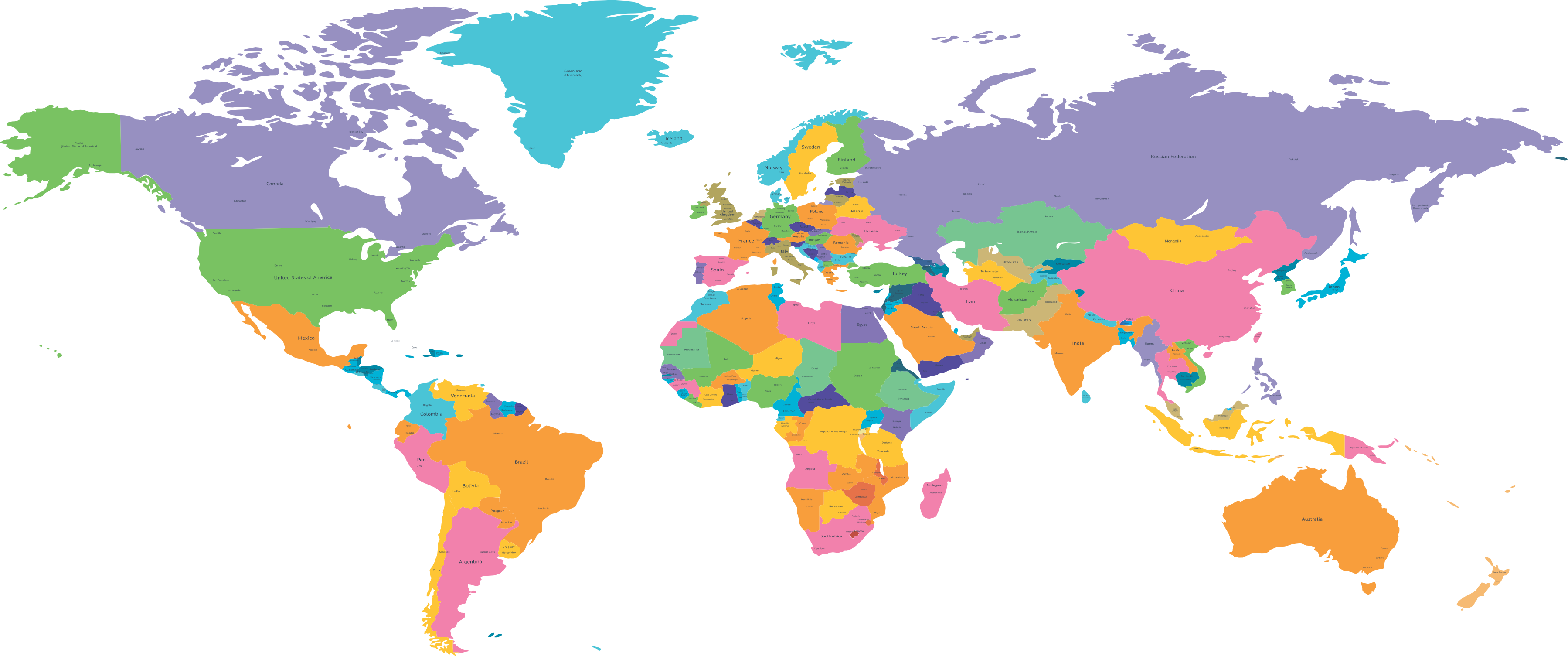Financial Openness, Institutional Quality and Stock Market Development: A Study of Lower-Middle-Income Countries
DOI:
https://doi.org/10.55737/rl.2025.42107Keywords:
Financial Openness, Institutional Quality, Stock Market Development, Lower-Middle-Income Countries, Panel Data RegressionAbstract
This paper analyses the impact of financial openness on the development of the stock market in LMICs. Depth of market, interest, and inflation rates are macroeconomic variables, while the independent variable is financial openness, and the dependent variable is stock market growth. This information was assembled from World Development Indicators (WDI), IMF, and Worldwide Governance Indicators (WGI) for the years 2013-2023. Descriptive statistics, correlation analysis, and regression analysis are the panel data analysis techniques employed in this study to assess the relationship between SMD and FO. The results show that FO has a significantly positive effect on SMD when it is constrained by good institutional quality. The study’s findings demonstrate that FO, supported by robust institutional structures, can accelerate the expansion of the financial marketplace in lower-middle-income countries, offering policymakers helpful direction. The government should consider strengthening institutional frameworks while promoting financial liberalization to ensure consistent development in the capital market.
References
Alloul, F., & Ferrouhi, E. (2025). Governance quality and stock market returns: A comparative study of developed, emerging, and frontier markets. International Journal of Emerging Markets, 20(1–2), 100–131. https://doi.org/10.1504/IJRM.2025.147367
Aman, S., Masih, M., & Shahbaz, M. (2023). Role of institutions in promoting finance in emerging markets: A panel data analysis. PLOS ONE, 18(3), e0279812. https://doi.org/10.1371/journal.pone.0280849
Baltagi, B. H., Demetriades, P. O., & Law, S. H. (2009). Financial development and openness: Evidence from panel data. Journal of Development Economics, 89(2), 285–296. https://doi.org/10.1016/j.jdeveco.2008.06.006
Beck, T., Demirgüç-Kunt, A., & Levine, R. (2000). A new database on the structure and development of the financial sector. World Bank Economic Review, 14(3), 597–605. https://doi.org/10.1093/wber/14.3.597
Beck, T., Demirgüç-Kunt, A., & Levine, R. (2011). Financial institutions and markets across countries and over time: The updated financial development and structure database. World Bank Economic Review, 24(1), 77–92. https://doi.org/10.1093/wber/lhr017
Bekaert, G., Harvey, C. R., & Lundblad, C. T. (2005). Does financial liberalization spur growth? Journal of Financial Economics, 77(1), 3–55. https://doi.org/10.1016/j.jfineco.2004.05.007
Chinn, M. D., & Ito, H. (2008). A new measure of financial openness. Journal of Comparative Policy Analysis: Research and Practice, 10(3), 309–322. https://doi.org/10.1080/13876980802231123
Chinn, M. D., & Ito, H. (2023). Chinn-Ito Financial Openness Index (KAOPEN) Database [Data set]. Retrieved from https://web.pdx.edu/~ito/Chinn-Ito_website.htm
Hasan, M. A., Siddiqui, A. A., Arsalan, M., & Sajid, A. (2024). The moderating role of institutional quality in the relationship between foreign capital inflows and stock market development: Panel evidence from developing economies. Journal of Economic Impact, 6(2), 147–154. http://dx.doi.org/10.52223/econimpact.2024.6205
Kant, C. (2018). Financial openness & institutions in developing countries. Research in International Business and Finance, 46, 240–250. https://doi.org/10.1016/j.ribaf.2018.03.001
Khan, H., Khan, S., & Zuojun, F. (2022). Institutional quality and financial development: Evidence from developing and emerging economies. Global Business Review, 23(4), 971–983. https://doi.org/10.1177/0972150919892366
Kim, J. (2023). Stock market reaction to US interest rate hike: Evidence from an emerging market. Heliyon, 9(5), e15758. https://doi.org/10.1016/j.heliyon.2023.e15758
Kose, M. A., Prasad, E. S., Rogoff, K., & Wei, S.-J. (2017). Financial globalization and economic policies. In G. Gopinath, E. Helpman, & K. Rogoff (Eds.), Handbook of International Economics (Vol. 4, pp. 333–390). Elsevier.
Levine, R. (2021). Finance, growth, and economic development. In M. Spence (Ed.), Handbook of Development Economics (Vol. 5, pp. 415–475). Elsevier.
Li, X. (2024). Does R-squared matter? Evaluating financial models with theoretical perspectives. Journal of Financial Econometrics, 22(1), 45–68. https://doi.org/10.1093/jjfinec/nbaa043
Nam, H.-J., Bang, J., & Ryu, D. (2023). Nonlinear effects of financial openness on financial development in ASEAN. Journal of Multinational Financial Management, 73, 100846. https://doi.org/10.1016/j.mulfin.2024.100846
North, D. C. (1990). Institutions, institutional change and economic performance. Cambridge University Press.
Rehman, M. A.-U.-, Bashir, F., Shah, S. Z. A., & Bhatti, M. A. (2021). Capital account liberalization institutions and economic growth in the emerging World. Journal of Accounting and Finance in Emerging Economies, 7(3), 749–756. https://doi.org/10.26710/jafee.v7i3.1984
Sia, P.-C., Leong, C.-M., & Puah, C.-H. (2023). Asymmetric effects of inflation rate changes on the stock market index: The case of Indonesia. Journal of International Studies, 16(1), 128–141. https://doi.org/10.14254/2071-8330.2023/16-1/9
Teixeira, A. A. C., & Queirós, A. S. S. (2016). Economic growth, human capital and structural change: A dynamic panel data analysis. Research Policy, 45(8), 1636–1648. https://doi.org/10.1016/j.respol.2016.04.006
Tongurai, J., & Vithessonthi, C. (2023). Financial openness and financial market development. Journal of Multinational Financial Management, 67(100782), 100782. https://doi.org/10.1016/j.mulfin.2023.100782
Zhang, Z. (2021, August 20). Stock Returns and Inflation Redux: An Explanation from Monetary Policy in Advanced and Emerging Markets. IMF. https://www.imf.org/en/Publications/2021/08/20/Stock-Returns-and-Inflation-Redux




